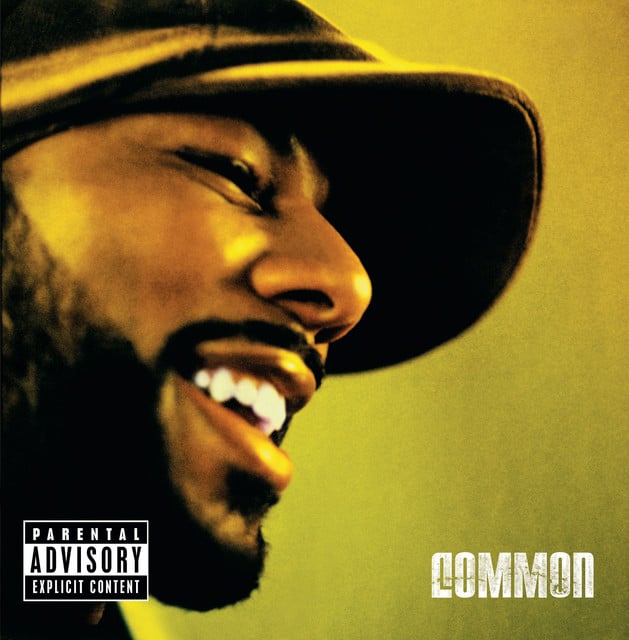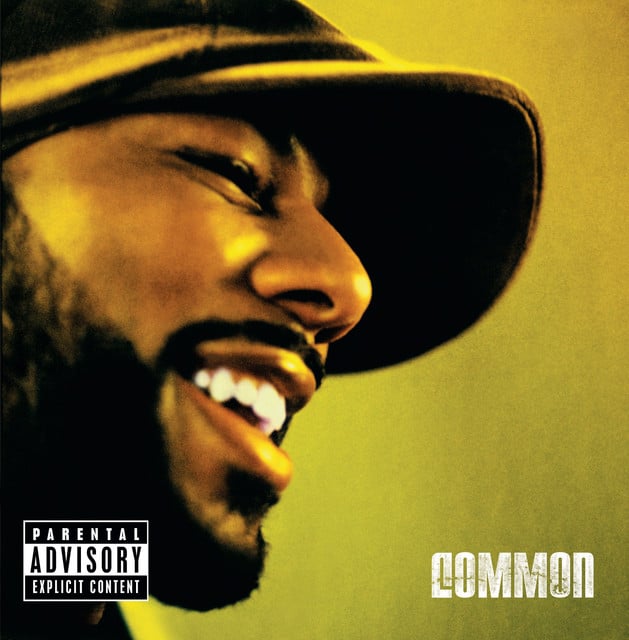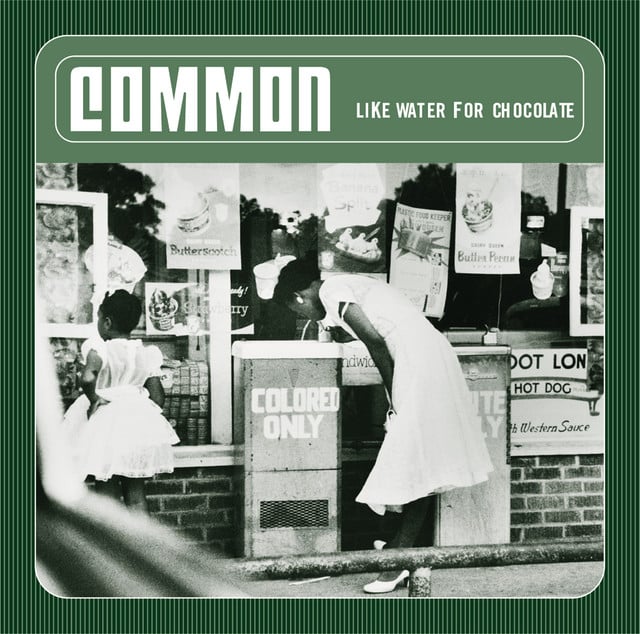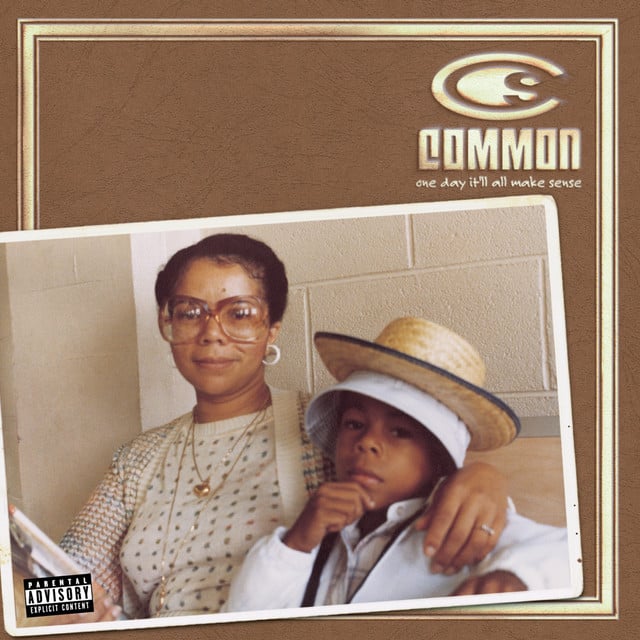Released: 2008
The song “Announcement – Sped Up” by Common, featuring Pharrell Williams, captures a vibrant blend of braggadocio and deep-seated appreciation for hip-hop culture. Common asserts his status in the rap game while blending clever wordplay with a message about perseverance and creativity. The lyrics touch on themes of legacy, success, and a commitment to staying true to the roots of hip-hop.
The song kicks off with an energetic proclamation of intent, where Common announces his ambition to reach the ‘tip-top.’ This line symbolizes his aim to achieve the highest level of success in the hip-hop world, reflecting the confident and ambitious nature of many artists in the genre. The repeated mention of “this is hip-hop, baby” is an assertion of authenticity and commitment to the genre’s roots, emphasizing that the essence of hip-hop is at the core of this song.
Common quickly paints a vivid picture of life “live from the south side,” referring to the South Side of Chicago, which is renowned for its rich culture and often challenging environment. By representing “Chi Town to the fullest,” he not only honors his roots but also presents himself as a lyrical warrior with lines like “raps are bullets,” which implies that his lyrics are sharp and impactful. He acknowledges the rough environment by saying, “hide your gun,” illustrating the realities of growing up in a neighborhood where protection is often necessary.
Throughout the verse, Common cleverly weaves personal achievements and references, such as buying his mom a mink and commenting on fashion, by mentioning how “jeans is as slim as Shady,” referencing Eminem, known as Slim Shady. This line not only connects to a notable figure in hip-hop but also nods to the return of retro styles, hinting at a cyclical nature in trends and the music industry itself.
He makes an intriguing historical allusion by likening himself to Alex Haley, the author of “Roots,” claiming his ‘roots are deep’ within the hip-hop industry. This signifies his firm foundation and influence in the rap community. When Common mentions “The bitch in you,” he’s possibly referring to his own famous diss track aimed at Ice Cube, establishing himself as unafraid to challenge others while reinforcing his dedication to authenticity and artistry.
Pharrell Williams’ contribution to the track brings a smoother, laid-back vibe, complementing Common’s aggressive lyrical flow. Williams injects his characteristic style into the song, notably with a memorable ad-lib “Slow down, son, you’re killin’ ’em,” providing a brief moment of comedic relief amidst Common’s intense narrative. Pharrell’s part subtly underscores the notion of navigating through the industry’s pressures without losing oneself.
The song continues to delve into Common’s personal journey, detailing how he “pushed more whips than slavery,” cleverly juxtaposing car ownership with a painful historical context to illustrate his success and the lengths he has come from. Common’s storytelling is vivid, touching upon both the triumphs and challenges of his career, with references to flashy experiences and financial accomplishments.
His use of metaphor, “My dick is like a blow-pop baby,” and playful commentary on “Botox,” show Common’s knack for humor and innuendo. It’s an artistic way of merging the explicit with the clever, keeping listeners entertained while showing his lyrical dexterity. This continues with the analogy of pedaling “backwards like a track bike,” symbolizing an ongoing struggle and persistence in achieving balance amidst the fast pace of the music industry.
He alludes to significant moments in hip-hop history, recalling “when Puff was with Biggie,” a nostalgic nod to the iconic partnership between P. Diddy and The Notorious B.I.G., two towering figures in rap. Such references establish a continuum of respect and recognition for those who came before and set the stage for current artists. It suggests a tapestry of influence that every hip-hop artist contributes to and draws from.
In closing, Common situates himself as both a historian and philosopher of rap, claiming “I philosophize on top of ya.” He positions himself not only as an entertainer but as an observer and thinker who uses his platform to reflect and comment on society and the music industry. The overarching narrative is a journey of striving and thriving, set against a backdrop of rich cultural history, all the while pushing for new artistic heights within the beloved realm of hip-hop.








